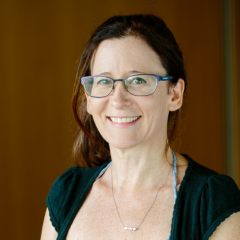Per- and polyfluoroalkyl substances (PFAS) are toxic, persistent environmental contaminants made up of approximately 5000 chemicals. They have been used in numerous products and formulations, but the most prevalent and problematic use of these chemicals has been in aqueous firefighting foams. These foams are used globally at army bases, airports, and firefighting stations. The use of these compounds, coupled with their persistence, has resulted in significant contamination of water and soil in Australia and globally. This research involves developing sampling monitoring tools capable of sampling a wide range of PFASs in water systems to assess the contamination of PFAS, which is essential for informing public health and environmental risks and helps guide regulations regarding PFASs. The second aim of this research is to establish advanced analytical approaches for nontarget analysis of PFAS. Non-targeted analysis aims to identify all the chemicals present in a given sample, to gain a more complete picture of the sample’s makeup. This will lead to the discovery and characterisation of novel PFASs, as our current method is only capable of detecting and identifying a small subset, approximately 100 of the PFASs that are currently contaminating our environment. Initially, the mechanisms of PFAS interactions with a range of sorbents will be investigated through the development of a model for PFAS sampling kinetics to identify the most effective sorbents for PFASs. The developed samplers will be calibrated and validated in the laboratory and at Department of Defence (DoD) sites in the US and Australia.
Conference Abstracts
Schulze, B., Ghorbani Gorji, S., Beggs, C., Mackie, R., Gomez, J.M.R., Thomas, K.V., Kaserzon, S. Nontarget analysis of PFAS in waterbodies in Europe and Australia. SETAC Focused Topic Meeting NonTarget 2022, Durham, NC, USA and online, 22 – 26 May 2022.


